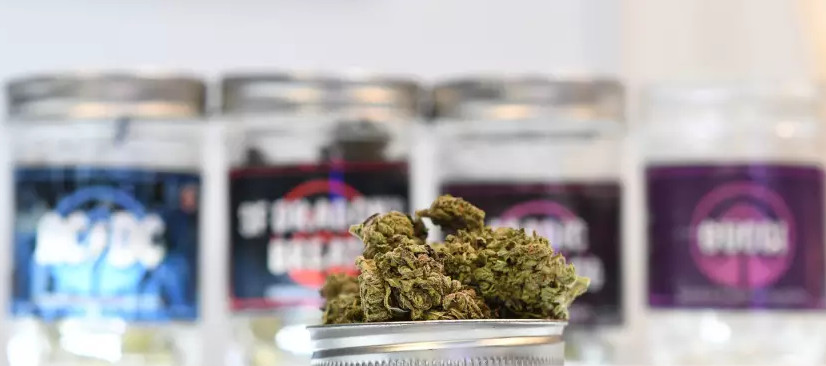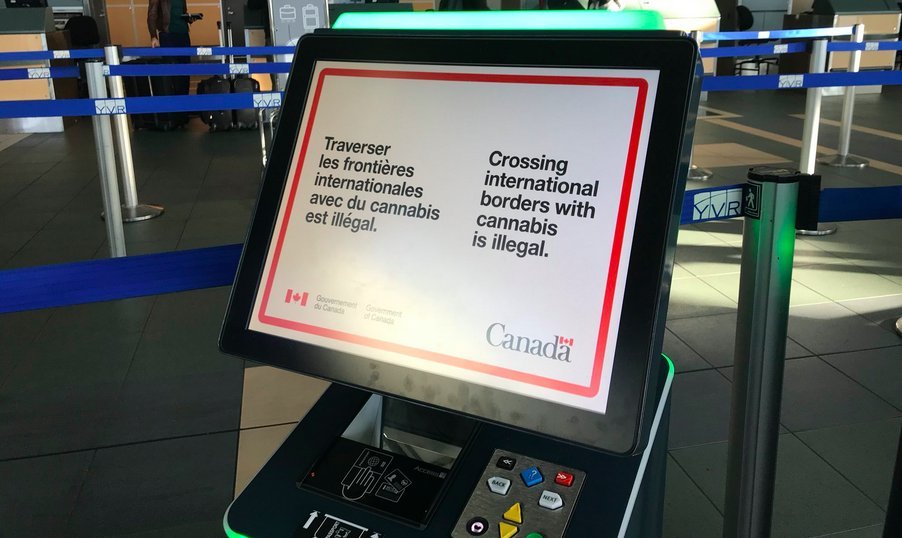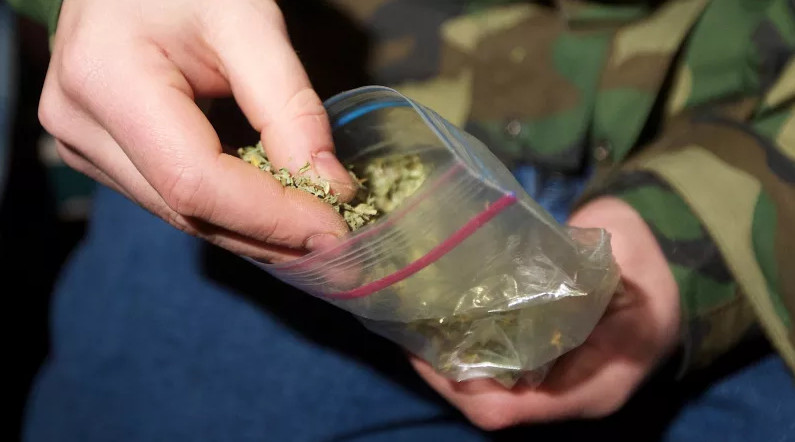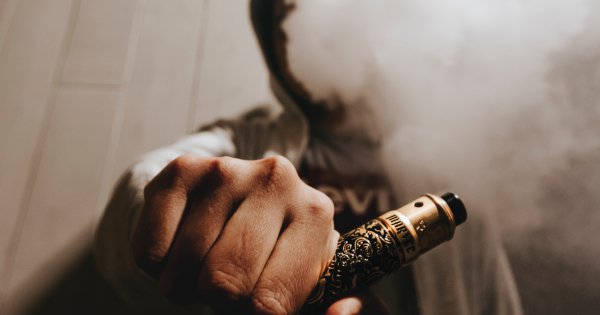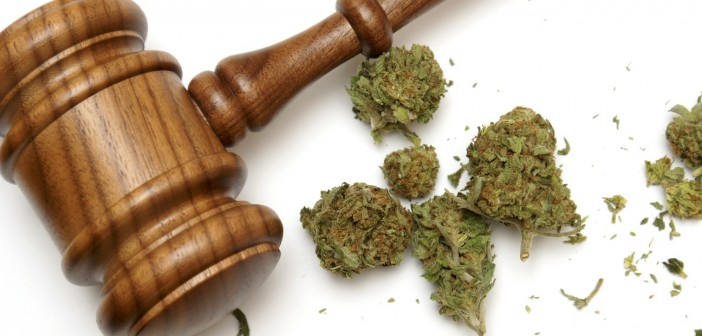No matter how many cities and states come around on marijuana reform and realize that legalizing is the only way to truly diminish the black market, put a dent in our government debts, and solve the opioid epidemic that faces our country, there’s still a gigantic 24-karat gold-plated elephant in the room — banking.
Even in states where legal marijuana markets flourish under state regulation, federally-insured banks — that’s virtually all of them — continue to shut their doors to business accounts that deal with cannabis.
The City of Los Angeles may have a solution thanks to an idea they’re exploring from a nearly century-old bank in North Dakota.
With a myriad of financial dilemmas facing the nation’s second-largest city, Los Angeles City Council President Herb Wesson wants to open a bank to solve them all. The city has money in more than 800 different accounts with Wells Fargo, the banking giant still reeling from a scandal in which employees created accounts for customers without authorization to meet aggressive sales goals — customers were then hit with unauthorized charges and fees. Last fall, the city settled a massive suit with Wells Fargo for $185 million after news broke of the bank’s predatory sales practices.
In July, Wesson motioned for the city council to establish the first city-owned bank in the United States, and the Ad Hoc on Comprehensive Job Creation Plan Committee began deliberating the idea on Wednesday.
Wesson said the bank would “provide the best financial solution to reducing the cost of the creation and rehabilitation of affordable and workforce housing in the City of Los Angeles, while at the same time providing low cost financial services for city residents and local governments within the Los Angeles region and much needed financial services for the cannabis industry.”
Lt. Governor Gavin Newsom suggested a similar state-owned bank in May that he believed could “build our infrastructure, construct new health care facilities, provide student loans, and build 3.5 million new housing units by 2025.”
The concept originated in 1919 with the Bank of North Dakota (BND) when locals were fed up with their bank’s financial strategy being overly influenced by outside interests like railroad and agricultural companies from other states. The single-location BND is not a traditional bank in that it doesn’t offer customers debit or credit cards; there’s no ATM access. The state-owned-run bank is able to offer loans at low interest rates.
Skeptics argue the proposition would be too expensive for a city already in financial trouble, potentially costing as much as $250 million to cover the operating costs of a bank that could service assets of up to $2 billion.
“We cannot bury our heads in the sand on the issue of recreational and medical cannabis legalization. Instead, we must strive to reasonably regulate the emerging industry while creating opportunities for Angelenos,” Wesson commented on cannabis legalization in July.
Legalized marijuana could bring more than $100 million in new tax revenue for Los Angeles.
credit:marijuana.com


